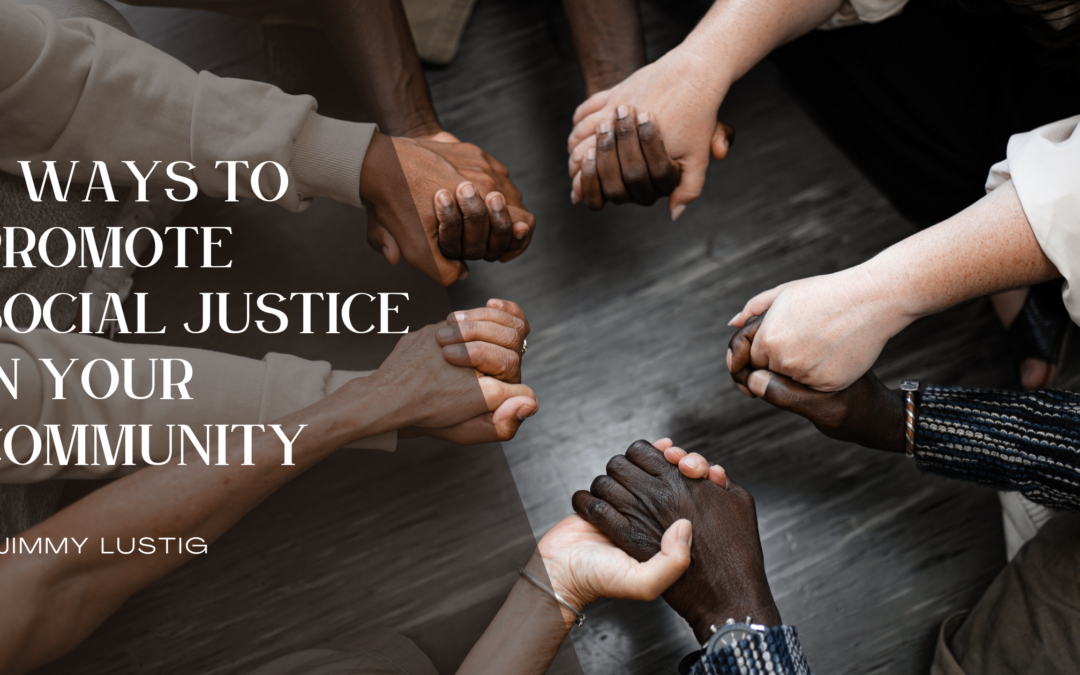Social justice isn’t just a buzzword; it’s about creating a world where everyone has equal opportunities and rights. While large-scale change can seem daunting, even small actions can make a big difference in your community. Here are four ways you can contribute to social justice:
- Educate Yourself and Others
Knowledge is power. The first step towards promoting social justice is to educate yourself about the issues affecting your community. Learn about systemic inequalities, historical injustices, and the experiences of marginalized groups. Once you have a solid understanding, share your knowledge with others. Start conversations, organize workshops, or host book clubs to raise awareness.
It’s important to listen to the voices of those who are directly affected by these issues. Seek out books, articles, and documentaries by marginalized authors and activists. Attend talks and workshops led by community leaders. Remember, education is an ongoing process.
- Support Local Organizations
There are likely many organizations in your community working towards social justice goals. These groups might focus on issues like housing, education, healthcare, or environmental justice. Find out what organizations are active in your area and explore ways to support their work. Volunteer your time, donate money, or spread the word about their efforts.
Collaborating with local organizations can also help you connect with other like-minded individuals. Building relationships with people who share your values can be incredibly empowering and motivating.
- Vote and Advocate for Change
Your vote is your voice. Research candidates who align with your values and support policies that promote social justice. Voting in local elections is especially important, as these officials have a direct impact on your community.
Beyond voting, get involved in advocacy efforts. Contact your elected representatives to express your concerns about specific issues. Attend town hall meetings and share your perspectives. Your voice matters, and it’s essential to use it to advocate for change.
- Practice Allyship
Allyship means actively working to dismantle systems of oppression. It involves listening to the experiences of marginalized groups, amplifying their voices, and challenging harmful stereotypes. You can be an ally by supporting businesses owned by people of color, attending cultural events, and celebrating diversity.
Remember, allyship is a journey, not a destination. It requires continuous learning and growth. Be open to feedback and willing to make mistakes. The goal is to create a more inclusive and equitable community for everyone.
Promoting social justice is a collective effort. By taking these steps, you can contribute to creating a more just and equitable world, starting in your own community.

